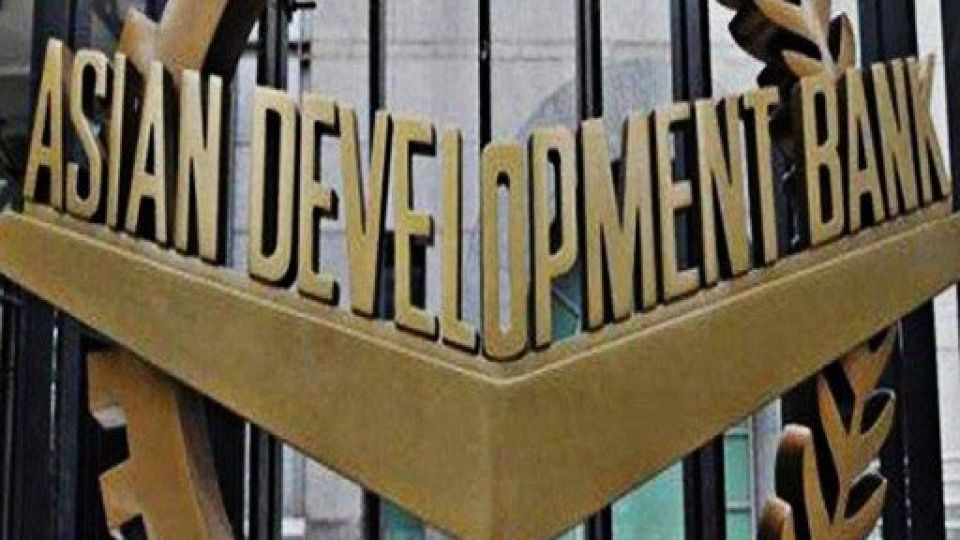April 5, 2023
JAKARTA – Indonesia’s economy is expected to grow 4.8 percent in 2023 and 5.0 percent in 2024, which would mark a significant slowdown from the 5.3 percent it achieved last year, according to the latest Asian Development Bank (ADB) assessment.
“Booming commodity exports drove growth to 5.3 percent in 2022, making up for modest domestic demand,” ADB country director for Indonesia Jiro Tominaga said on Tuesday as the multilateral development bank presented its Asian Development Outlook (ADO) April 2023.
Countries like Indonesia that rely strongly on commodity exports benefited from high prices in 2022 as economies reopened following the COVID-19 pandemic and drove up demand for metals, fossil fuels and other commodities. Meanwhile, the Russian invasion of Ukraine and other geopolitical developments disrupted the supply of some goods and also contributed to a rise in prices.
At the same time, Indonesia recorded a strong rebound in domestic consumer spending as mobility restrictions were gradually lifted, which fueled further acceleration of GDP growth.
Read also: Consumer spending insights from 2022 to early 2023
“Global headwinds in 2023 are projected to cut export growth, although the current account should continue to be close to balance. But because private consumption accounts for a large share of Indonesia’s economy, as consumer spending further normalizes and benefits from the tapering off of inflation, this should put a floor on growth. Investment, however, is likely to remain modest as businesses wait and see,” Tominaga added.
The report, which was published Tuesday, notes that Indonesia’s public finances improved as a result of last year’s solid performance: “The export boom generated windfall revenues that enabled Indonesia to cut the budget deficit below the statutory ceiling of 3 percent of [GDP], one year ahead of schedule.”
While GDP growth held up well in Indonesia last year, in stark contrast to the significant slowdown logged in many developed and some emerging economies, the country was not left unscathed as global inflation accelerated. Consumer prices jumped particularly in September 2022, when the government hiked subsidized fuel prices to alleviate pressure on the state budget.
“Inflation peaked at almost 6 percent in September, way above the central bank’s 4 percent inflation ceiling,” the report states, although it notes that inflation has been moderating since and is “projected to fall to about 3.5 percent by December and to average 4.2 percent in 2023”.
Read also: Inflation falls below 5% for first time since fuel price hike
Beyond the short term, the ADB report states that “a concern for the medium to long term is that earning losses by workers and learning losses by children during the pandemic could reduce potential growth”.
The ADB was established in 1966 and is owned by 68 member countries, including 49 from Asia and the Pacific. Its assessment for Indonesia comes just days after the World Bank published a statement that it anticipated growth in Indonesia and other countries in the region, aside from China, “to moderate”.


